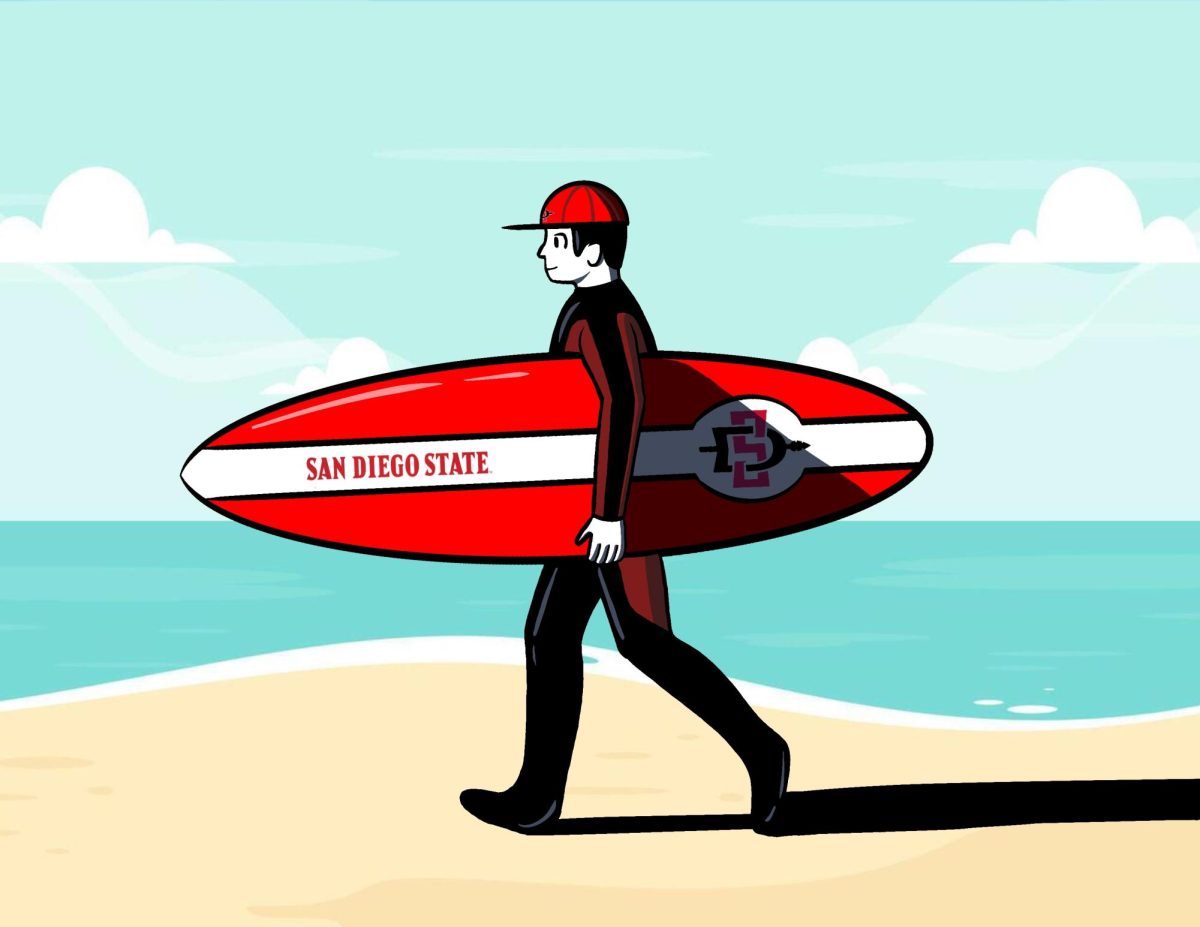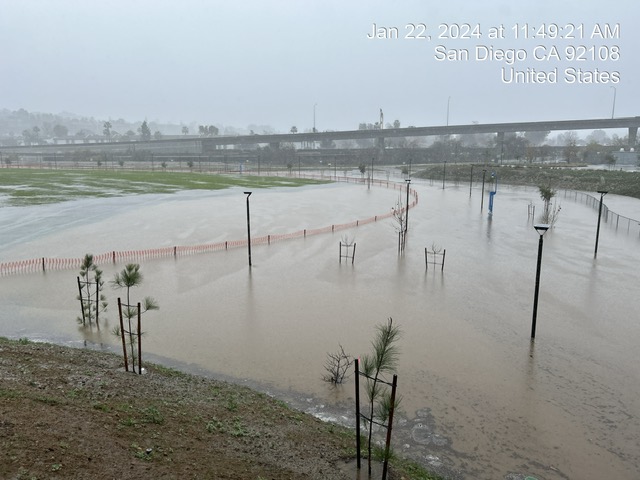
The California Faculty Association has announced it has had “enough” with the California State University administration, after multiple bargaining negotiations failed.
On Nov. 17, CFA members will gather at Cal State Dominguez Hills and East Bay. Actions may include rallying, protesting and striking.
In a conference call organized by CFA on Oct. 5, CFA President Lillian Taiz compared the CSU financial situation to the Occupy Wall Street movement.
Upset about high executive pay packages, Taiz questioned Chancellor Charles B. Reed’s decisions about how the CSU uses its funds.
“The people who are running the university actually have access to a substantial amount of money,” Taiz said. “The big part of this story is how the top executives of the CSU, particularity (Reed), how he and his executives choose to use the money that they actually do have.”
She said the CFA understands the current state budget crisis and that is why they are willing to negotiate with what the university can afford, but the chancellor said there just is not any money.
According to CSU administration, campus presidents and the chancellor have not received an increase in pay since 2007 and, in fact, CFA’s last general salary increase was in 2008.
CFA communications specialist Brian Ferguson said all it is asking for are “working conditions that are stable and an environment where we can provide quality education.”
“Concerted activity of any type by the faculty union is premature, disruptive and puts students in jeopardy just as they are beginning the fall semester,” CSU media relations specialist Erik Fallis said.
Local reaction
At San Diego State, classes will operate normally, but there will be so-called “information picketing” the week before by the San Diego State chapter of CFA.
“The faculty here is not striking. We are supporting the action,” president of SDSU’s CFA Charles Toombs said. “We don’t know exactly what the faculty at Dominguez Hills are going to do on that day. It may be a rally, it may be information picketing, it may be an actual strike on their campus but we are just going to support.”
According to Toombs, SDSU’s CFA chapter is trying to get as many faculty members as possible on buses to Dominguez Hills as a way to show support, but the only way that faculty members can attend is if each uses a personal holiday. Toombs said faculty is only entitled to one personal day off per year.
Taiz said the concerted actions are a direct response to Reed’s “unwillingness to find even some modest solution to our differences.”
Chancellor’s restructure opposed
Other differences between the two groups include the chancellor’s reconstructing ideas of implementing the Early Start Program and CSU Online, both opposed by the CFA.
The Early Start Program requires freshmen who do not meet college-level English or math skills to take classes during the summer. CSU Online will offer a variety of online courses, degrees and certificates.
According to Fallis, students who start school early in the summer will build their English and math skills and will overall be more successful. Fallis said if a student does not earn a passing grade during the summer, he or she would still be admitted in the fall.
“All that Early Start does is give students an extra boost,” Fallis said.
“This is a new and additional burden; we think it has a lot of potentially alarming aspects to it,” CFA Vice President Dr. Kim Geron said. “A high percent of our students need remedial math or English and on some campuses it is as high as 90 percent. So nearly 90 percent of the freshmen are going to have to come in the summer and go through some remedial classes.”
The other program mentioned by the chancellor, CSU Online, is still in the process of being developed, according to the CSU office.
According to Geron, it will create a so-called “virtual university.” Geron gave the example of a University of Phoenix-type of model.
“The 23 campuses have put in a small investment of about $50,000 just to get some of the planning done,” Fallis said.
“This is the vision of the chancellor,” Geron said. “Education that is done away from the classroom.”
“We feel it’s time for us to stand up for ourselves and for our students and now the time has come to fight back,” Taiz said.






